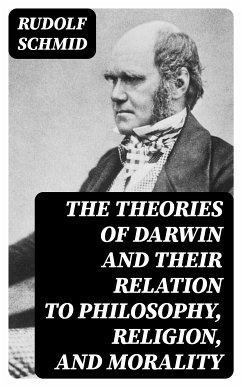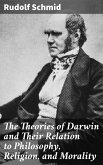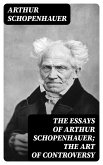In "The Theories of Darwin and Their Relation to Philosophy, Religion, and Morality," Rudolf Schmid embarks on an intricate exploration of Charles Darwin's revolutionary ideas, meticulously analyzing their implications for various aspects of human thought. Schmid employs a rigorous philosophical lens, weaving together an array of viewpoints that bridge the realms of biology, ethics, and spirituality. Through a critical yet accessible prose style, he situates Darwin's theories within the broader context of 19th and early 20th-century intellectual discourse, highlighting tensions and harmonies between evolutionary science and established philosophical and religious paradigms. Rudolf Schmid brings a wealth of expertise to this subject, having dedicated much of his academic career to the intersections of science and philosophy. His background in both natural sciences and ethical theory equips him with a unique perspective to address the profound questions raised by Darwin's work. Schmid draws upon historical context and contemporary debates, revealing how Darwin's insights challenge traditional narratives and prompt a reassessment of humanity's role within the natural order. This book is a must-read for scholars, students, and anyone intrigued by the philosophical undercurrents of evolution. Schmid's nuanced arguments not only foster a deeper understanding of Darwin's impact on thought but also encourage readers to engage critically with the moral and existential dilemmas posed by evolutionary theory. Discover how the transformative ideas of Darwin resonate through the corridors of philosophy and ethics.
Dieser Download kann aus rechtlichen Gründen nur mit Rechnungsadresse in A, B, BG, CY, CZ, D, DK, EW, E, FIN, F, GR, H, IRL, I, LT, L, LR, M, NL, PL, P, R, S, SLO, SK ausgeliefert werden.









